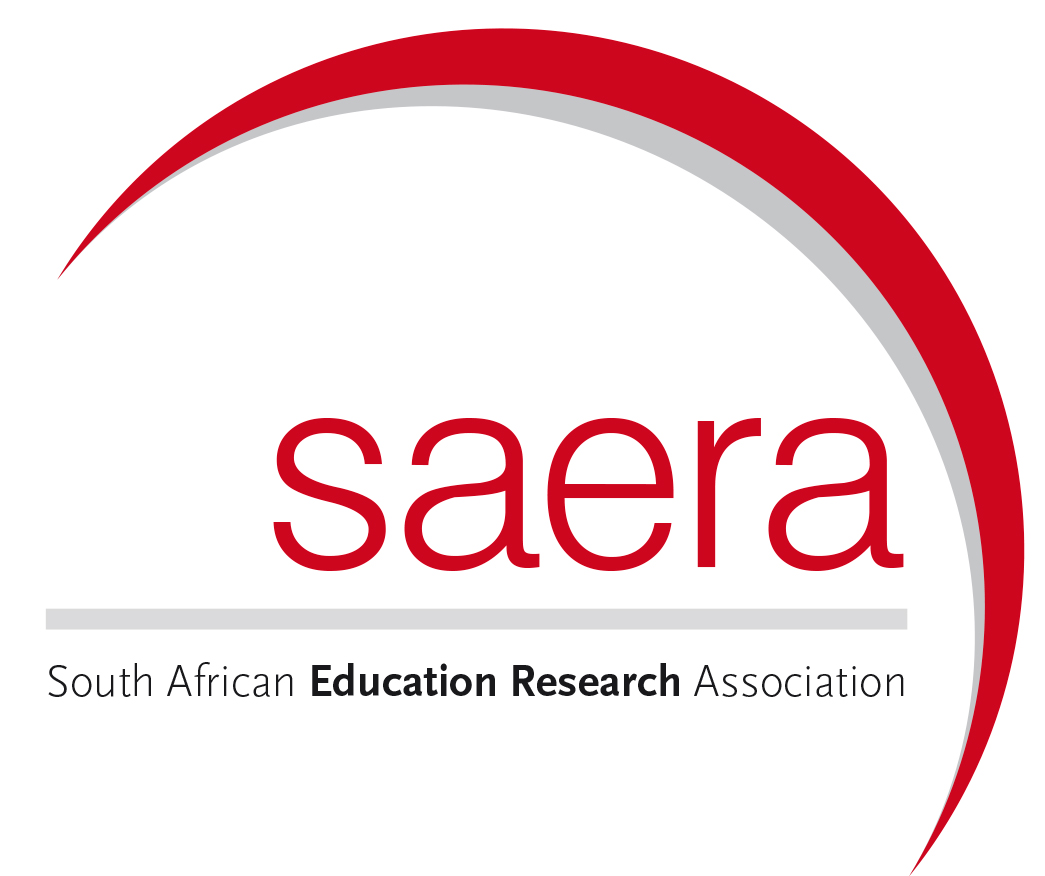Original Research
Teacher training for religious education: Engaging academics through the Dialogical Self Theory
Submitted: 11 June 2018 | Published: 28 March 2019
About the author(s)
Cok Bakker, Research Group Normative Professionalisation in Higher Education, Utrecht University of Applied Sciences, Utrecht, the NetherlandsIna ter Avest, Faculty of Behavioral and Movement Sciences, Vrije University, Amsterdam, the Netherlands; and, Research group ‘Philosophy of Life and/in Education’, Inholland University of Applied Sciences, Amstelveen, the Netherlands
Abstract
Background: In the Netherlands, most of the academic curricula for teacher training in religious education (RE) focus on shortfalls of students, like a lack of knowledge about the plurality of worldviews and the diversity in interpretations of the Christian tradition.
In our research project, the focus is not on the students, but on the university professors and lecturers who teach the subject of RE: professors and lecturers who train and educate students to teach RE.
Aim: The main aim of the project was to gain a better insight into the inherent complexity of the professionalism of academics, that is, their own positionality in the plurality of the Roman Catholic traditions they adhere to in relation to their capabilities and commitment to the current curriculum – the ‘old’ one – and the new curriculum to be developed, in the context of the Dutch plural society.
Setting: Respondents in this research were university professors and lecturers of the Teacher Training Institute of Tilburg University, located at Utrecht, the Netherlands.
Methods: For this investigation, we used a research instrument based on the dialogical self theory and its self confrontation method for organisations to gain insight into professionals’ own and their colleagues’ positionality regarding teaching RE.
Results: Preliminary results show that the self confrontation method for organisations has shown itself to be a challenging instrument to invite academics involved in the process of data construction and data analysis.
Conclusion: Based on these results, we recommend to include the research population in a validation process to increase the sustainability of the results and to maximise engagement in the implementation phase of the new curriculum.
Keywords
Metrics
Total abstract views: 3313Total article views: 4603
Crossref Citations
1. What I see of you in me: how do high school students position scientists in a science internship?
Pei-Ling Hsu, Sonia Ivette Hernández Frausto
International Journal of Science Education first page: 1 year: 2024
doi: 10.1080/09500693.2024.2394709
